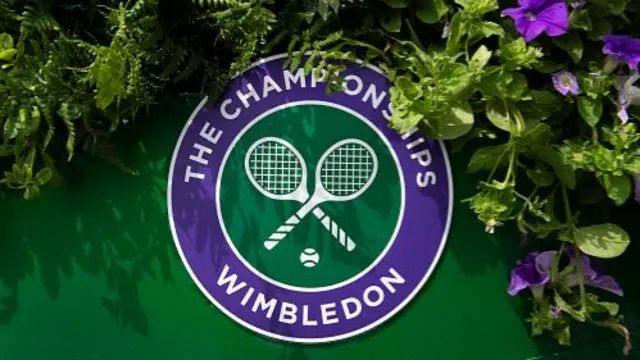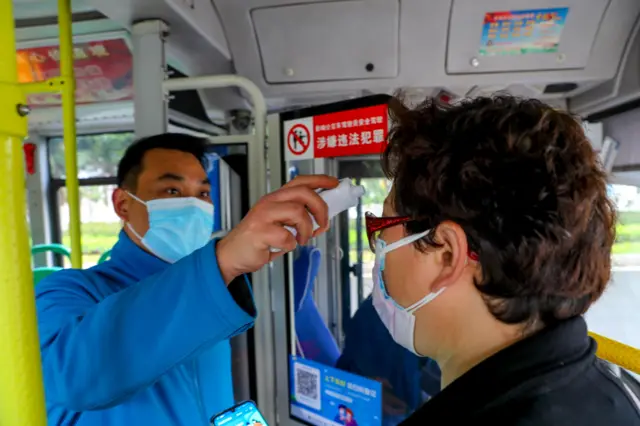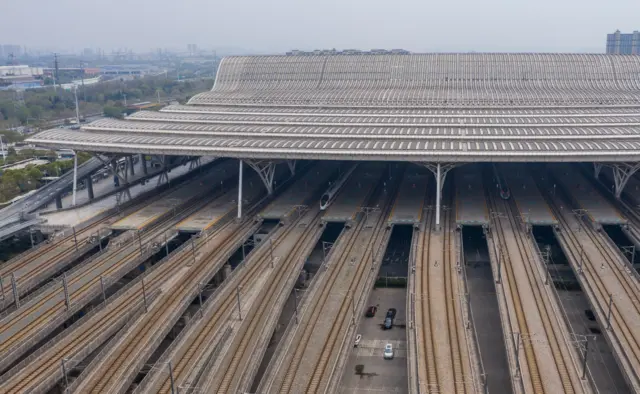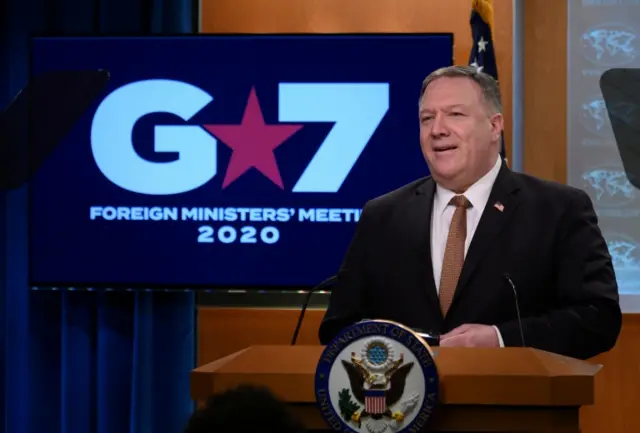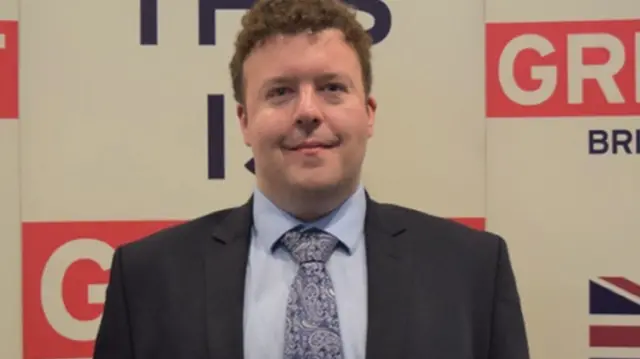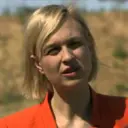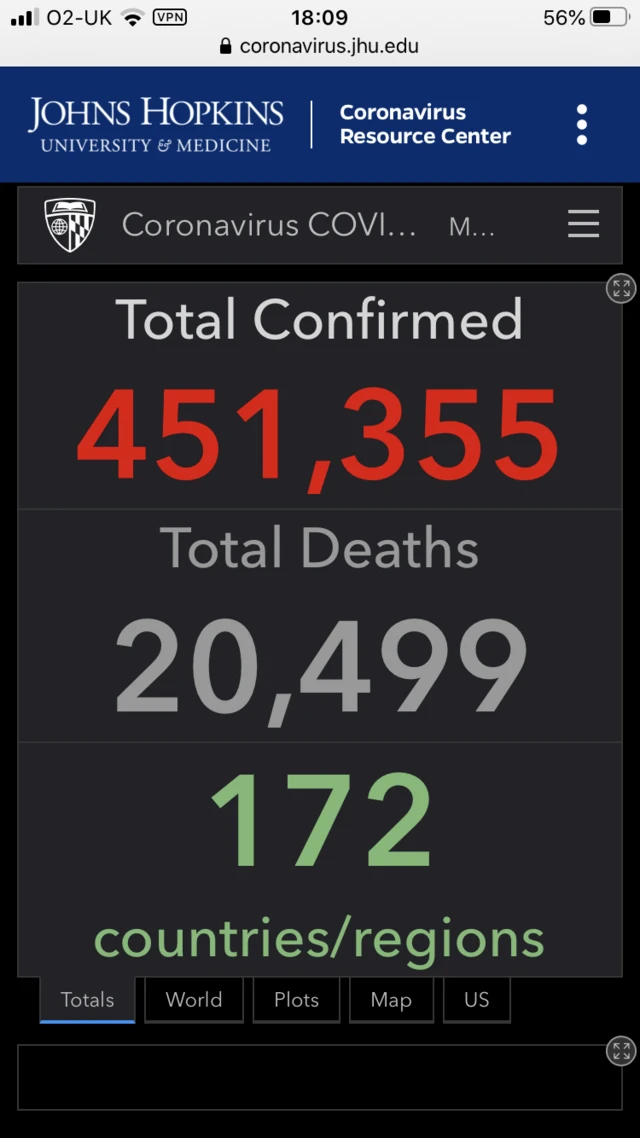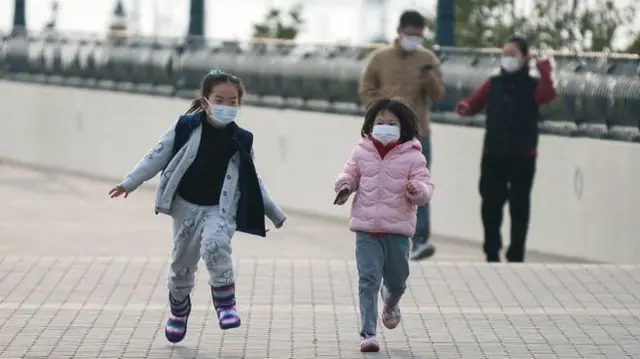How to clean your phone safelypublished at 20:27 GMT 25 March 2020
We apologise for interrupting your scrolling to tell you this, but your phone screen could be carrying any number of germs and viruses...
Not to worry. We've put together this handy video that explains how to clean it properly:
Coronavirus: How to safely clean your smartphone
